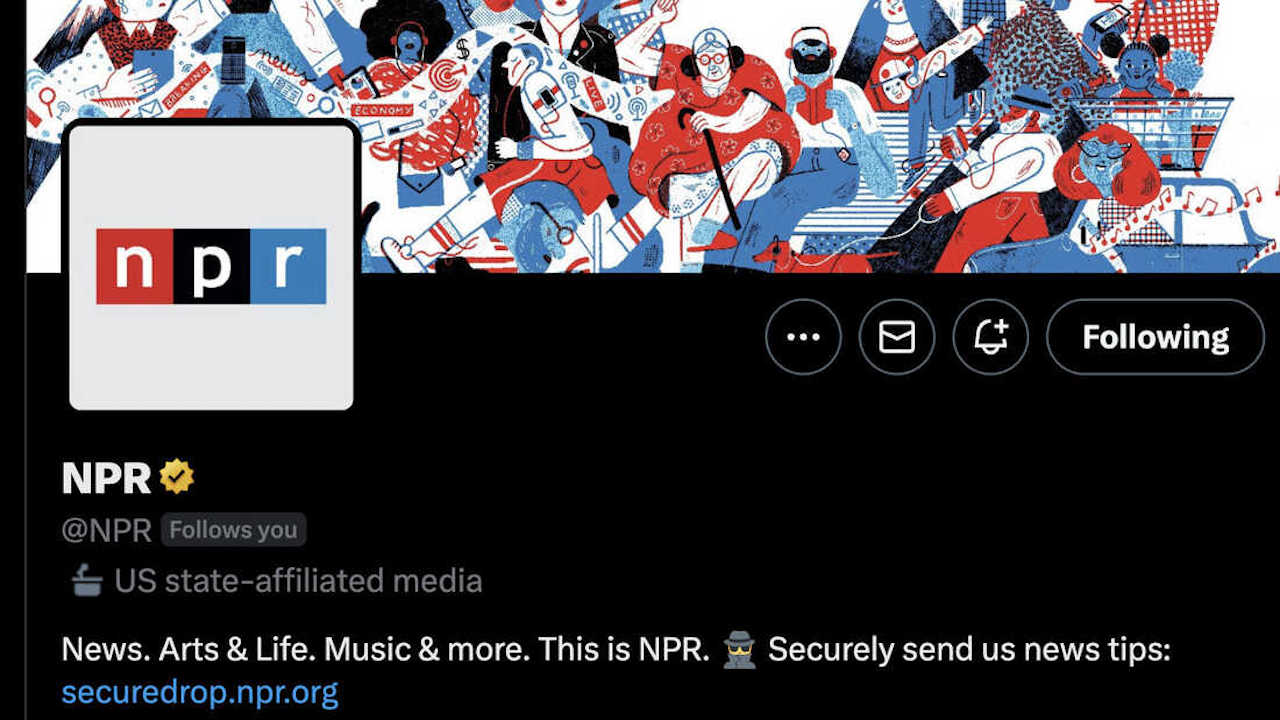Twitter has backtracked on its decision to label NPR as a “US state-affiliated” media outlet, making the change only days after first applying the label. As of Saturday, the social media giant now classifies the public broadcaster as a “government funded” organization. NPR tech reporter Bobby Allyn was the first to report on the change, noting that Elon Musk informed him that Twitter would apply the “government funded” designation to other institutions in the coming days.
Redefining Twitter labels: NPR’s case and guidelines update
“Interestingly, Tesla, which has received billions of dollars in government subsidies over the years, does not appear to have the label,” Allyn added. The main NPR account stopped tweeting since Twitter first applied the state-affiliated label on Wednesday. In response to NPR CEO John Lansing’s statement that the “state-affiliate” designation did not apply to the public broadcaster under Twitter’s own guidelines, the company altered those guidelines.
Previously, the guidelines stated, “State-financed media organizations with editorial independence, like the BBC in the UK or NPR in the US for example, are not defined as state-affiliated media.” By Wednesday, Twitter had removed the section of text that had previously mentioned the public broadcaster. According to NPR, less than one percent of its annual operating budget comes from government grants. Over the past five years, the majority of the non-profit’s revenue, about 70 percent, has come from corporate sponsorships and programming fees.
Who is NPR?
National Public Radio (NPR) is a non-profit media organization based in the United States. Founded in 1970, NPR’s mission is to create a more informed public through a deep understanding of news, ideas, and culture. The organization provides impartial news and cultural programming for millions of people through its vast network of member stations. As a public broadcaster, NPR relies on a variety of funding sources, including individual donations, corporate sponsorships, and government grants.
NPR is known for its high-quality journalism and in-depth reporting on a wide range of topics. Its programs, such as “Morning Edition” and “All Things Considered,” have become staples in American public radio, engaging listeners with thoughtful analysis and storytelling. NPR also produces and distributes podcasts, digital content, and live events, further expanding its reach and influence. The organization remains committed to its core values of accuracy, fairness, and independence, ensuring that it continues to serve the public interest.













